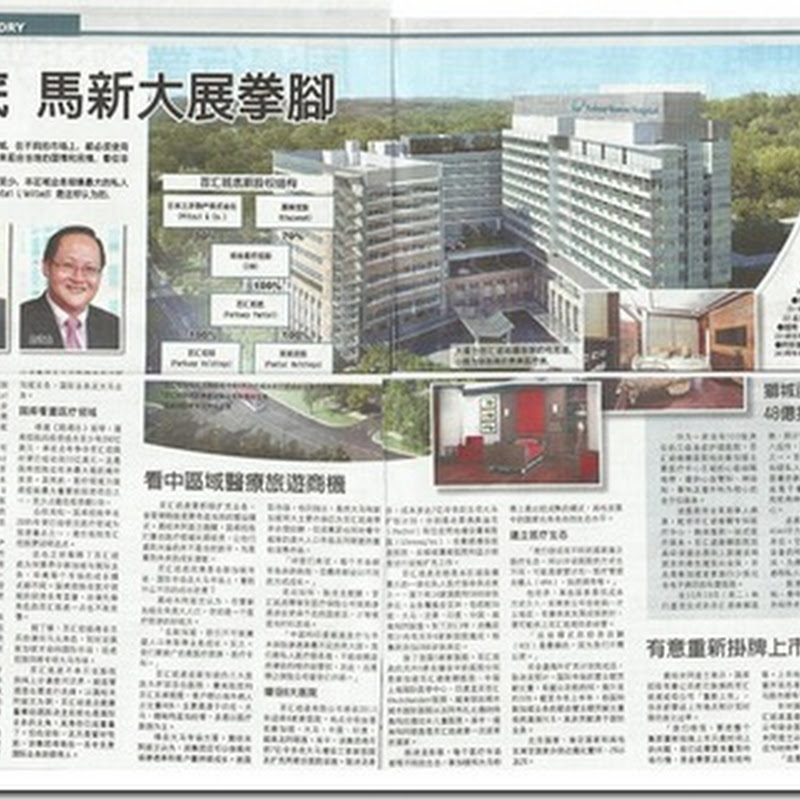OSK Research
EPMB’s annualized 1H core earnings appeared to fall short of our full-year estimates, no thanks to the higher tax expenses incurred. Nonetheless, we deem results in line in anticipation of a stronger 2H as production will be boosted by the rush in Hari Raya delivery, with additional volume to be contributed by the upcoming launch of the Waja replacement. Cost-wise, we expect EPMB to see lower tax expenses from the higher investment tax allowances going forward. As we roll over our valuations to FY11 numbers, our TP moves up to RM0.82 (from RM0.75) with our BUY call maintained.
In line with estimates. EPMB recorded a core net profit of RM1.86m on the back of revenue of RM157.31m for 2QFY10. 1HFY10 revenue was within our estimates, representing 53% of our full-year forecasts. While the annualized 1HFY10 core net profit may seem to fall short of our forecast due to higher taxation and depreciation charges, we consider EPMB’s bottom-line numbers to be within our forecast as we expect 2H to be a stronger half on the back of higher margins.
Benefiting from Perodua’s localization programme. In tandem with the higher TIV sales q-o-q, y-o-y and YTD, EPMB’s revenue rose 4.7% q-o-q and 38.5% YTD (33% y-o-y) thanks to higher contribution from Perodua as EPMB benefitted from its localization programme. This programme has effectively increased EPMB’s average revenue contribution per Perodua from RM484 (in FY09) to an estimated RM1033 per unit for FY10.
Bottom-line hit by higher taxes. While its core net profit surged 118% y-o-y, the weaker q-o-q numbers (-55% q-o-q) were attributed to the higher tax expenses incurred due to the impact of non tax-deductible expenses in the absence of any investment tax allowances filed for the quarter (there was no capex spending for 1Q FY10 vs the 2QFY10 capex of RM27m). We expect tax expenses to decline going forward due to its high capex spending. During the quarter, EPMB also made exceptional gains totaling RM3.846m, comprising a RM5.13m write-back (from the over-provisions last year on its intangible assets), which
also led to an additional tax expense of RM1.28m. As a better gauge of performance, its core PBT shrank by 18.8% q-o-q (vs core net income q-o-q drop of 55%) although it was significantly better compared to last year increasing by 193% YTD due to the higher revenue base. The weaker q-o-q numbers were also caused by higher depreciation (noting that its CFO increased from RM28.3m in 1QFY10 to RM59m YTD; YTDFY09: RM16m) as its depreciation policy is based on units of activity method. The higher depreciation and amortization have effectively reduced core PBT margins by 0.68ppts although YTD margins have improved significantly by 1.41ppts due to better economies of scale achieved by its production lines.
Truth Hurts – The Real Reason Why PM Anwar Went Berserk And Called Gilley A
“Mediocre” Professor
-
A Canadian-American professor of political science, Bruce Gilley’s alma
mater included University of Toronto (B.A.), University of Oxford (M.Phil)
and Pr...
15 hours ago














































